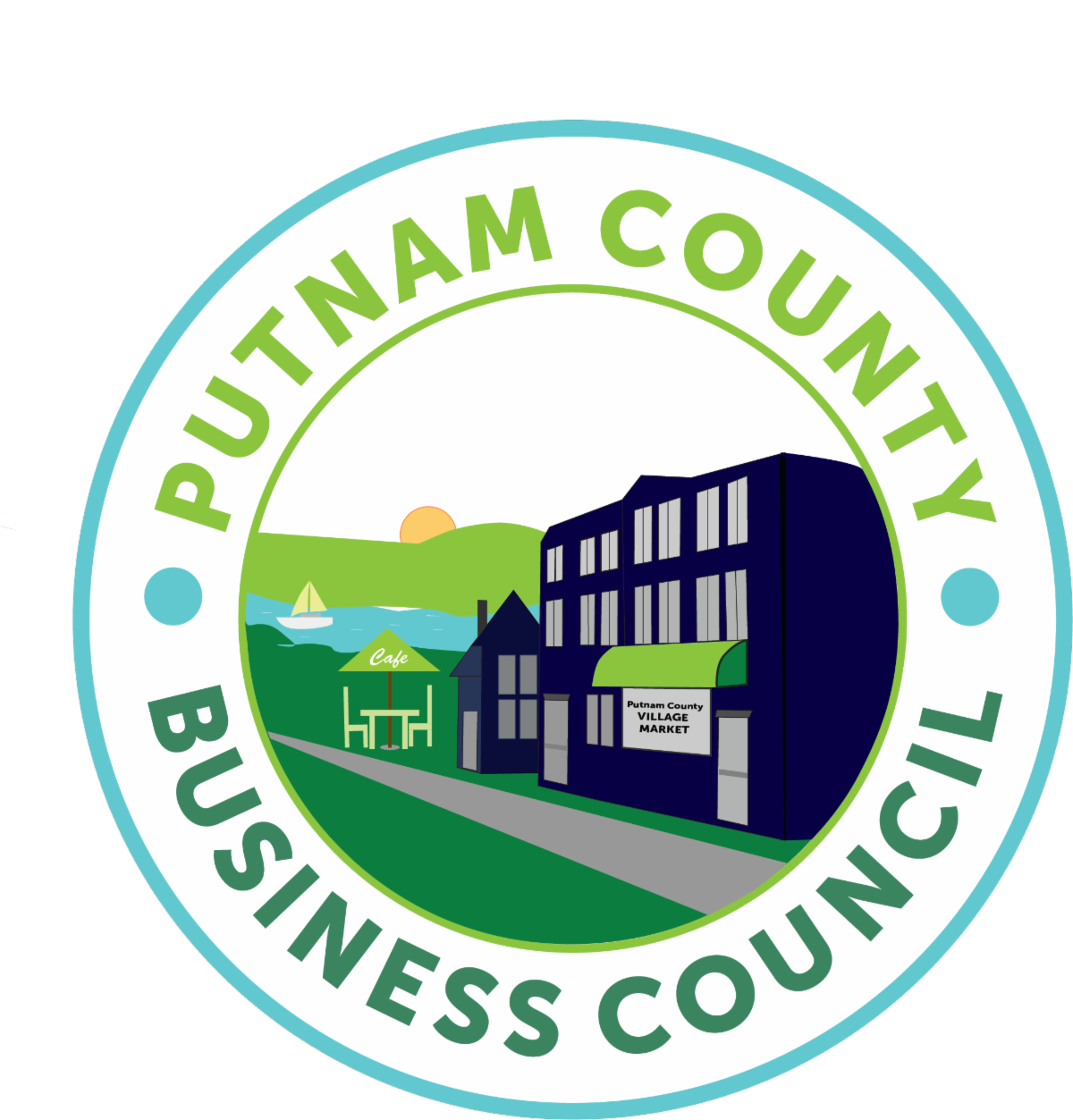
$2 Trillion Dollars in Relief funds -- Where is it Going?
- $560 billion (est.) to individuals
- $500 billion (est.) to Large Corporations
- $377 billion (est.) to small businesses
- $339.8 billion (est.) to State and Local Governments
- $153.5 billion (est.) to Public Health
The Senate passed a $2 trillion response bill for the Coronavirus crisis this past weekend. This is the third of several phases in stimulus initiatives focused on businesses and individuals to help keep everyone above water while the world as we know it has come to a screeching halt.
So who gets what?
CASH! People who earned less than $75,000 can expect a payment of $1,200. Married couples would each receive a check plus $500 per child. A family of four earning less than $150,000 combined can expect $3,400. Households earning over $100k (single) or 198,000 (married combined) will not be getting much, if anything. This will be based on an individual or couple's 2018 or 2019 tax filings or Social Security information, if you have not filed.
Extra unemployment: The criteria has increased benefits and allows more people to be eligible. The bill will add an additional $600 per week and extends 13 weeks of collecting unemployment.
Independent contractors and sole proprietors: An unprecedented insertion to the federal relief package allows independent contractors to collect unemployment.
Tax return deadline has been extended to July 15 and refunds are still to be paid. Employers can contribute $5,250 towards an employee's student loans and it will not be considered income. All private insurance plans are to cover all medical issues related to COVID-19.
Small Businesses: The bill provides for emergency grants up to $10,000 to cover immediate operating costs. Also the Small Business Administration (SBA) will provide up to $10 million per business, which can also be forgiven if used to pay rent, mortgage, retaining workers or debt. To qualify for loan forgiveness, businesses must keep their staff employed. The SBA also has $17 billion for those businesses who have existing loans to cover six months of payments.
Big Business: Airlines are receiving the most to the tune of $58 billion for wages, salaries, benefits as well as money for cargo carriers and airline contractors. Stock buybacks have been banned for corporations and all corporate loans must be disclosed publicly. The government will be overseeing all loans and use of taxpayer dollars. The President and Vice President, members of the Cabinet and Congress are barred from benefiting from the corporate relief money as well as their direct family members. There are tax credits to help keep people on the payroll. The credit is up to 50% of payroll on the first $10,000 of compensation or benefits per employee.
Public Health: hospitals get $100 billion, community health centers get $1.32 billion. $11 billion for treatments and vaccines and $80 million for the FDA towards new drugs. CDC gets $4.3 billion, veterans get $20 billion and virtual doctor visits are being bolstered. $16 billion goes towards medicine and supplies.
The CARES Act also allows for a second phase of funding towards Child nutrition and food stamps for the needy, also known as SNAP. This will also cover new applicants. Also it provides $450 million for food banks, etc.. There is $339.8 billion to go to state and local governments, two-thirds is for COVID-19 related issues and one-third is for direct aid to governments. And roughly $37 billion for education and child care. There is also temporary relief for all student loans through Sept. 30 without penalty. Additionally, there is a long list of other categories receiving funding including arts, universities etc..
The CARES Act also expands eligibility for the SBA’s EIDL’s (Economic Injury Disaster Loans) and makes it easier to apply. Loans under $200k do not require a personal guarantee.
So how do you apply? First go to the SBA loan website, Read the information and download the application that applies to you and fill it out. There is a hotline number 1-800-659-2955 and locally SCORE and the Business Council are available to help and support. Be sure to be precise with the supporting documents you will need to submit with your application. Then you will upload your application and supporting documents. The process keeps changing. Be sure to go to SBA.gov prior to submitting your application to ensure you have the most current application submission process.
The Putnam County Small Business Council is hosting another Webinar with Mai-Li Lin, economic development expert with the SBA tomorrow at 3:30pm. Please see below to REGISTER.
So who is left behind? Apparently, 501C6 organizations and commercial landlords are not considered in this or the preceding bills. Perhaps the next phase of stimulus may assist them. Unions fall under 501C6 of the tax code, so it will be interesting to see what happens there...
S